Puerto Rican music superstar Bad Bunny has been hit with accusations of racism and xenophobia after the NFL, Apple Music, and Roc Nation confirmed him as the headliner for the Super Bowl 60 Halftime Show. The announcement, which should be a celebratory moment, has instead provoked sharp criticism from right-wing commentators and have sparked a heated cultural debate.
What’s Going On
- Bad Bunny (real name Benito Antonio Martínez Ocasio) is officially set to headline the 2026 halftime show at Levi’s Stadium on February 8, marking his first time as the main performer on that stage.
- Some commentators have accused him of racism or alienating “mainstream” fans due to his use of Spanish lyrics and vocal political views, especially regarding immigration, ICE, and Trump-era policies.
- Critics on the right have also targeted the NFL’s decision, suggesting it’s politically motivated and that using a Latin artist with outspoken political stances will divide rather than unite audiences.
Support & Pushback
- Many in the Latinx community, the music world, and cultural commentators are pushing back against the criticism, framing it as a racially coded backlash — that the attacks are less about his talent and more about how he represents culture, language, and dissent.
- Bad Bunny himself issued statements emphasizing that his performance is a tribute to Puerto Rican heritage, culture, and history, and a platform to amplify voices often left out of mainstream stages.
- Some public figures and politicians have expressed support, pointing out that representation matters in one of the world’s biggest televised events.
Why It’s Significant
This controversy is more than just a music or entertainment story—it reflects deeper cultural tensions:
- Language & identity: The backlash highlights how non‑English artists in the U.S. are often marginalized or judged for not conforming to linguistic norms.
- Politics in sports: The NFL has long resisted overt political statements in its halftime shows; this decision will test how far artistic expression can stretch amid advertiser pressure.
- Representation & backlash: When underrepresented groups or voices claim big stages, critics often respond with accusations of reverse discrimination or “divisiveness.”
What to Watch
- Whether any official response from the NFL, Apple Music, or Roc Nation addresses the allegations directly
- Bad Bunny’s halftime performance: how much cultural, linguistic, or political symbolism he includes
- Viewer reception, ratings, and social media response — whether fans support him or some boycott
- Whether this sets a precedent for future halftime shows featuring artists from diverse backgrounds


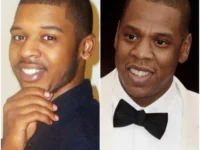


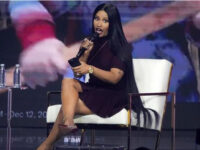
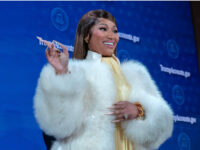


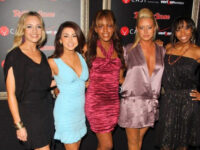
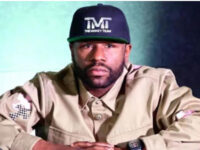


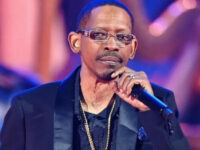


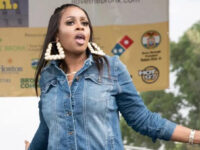
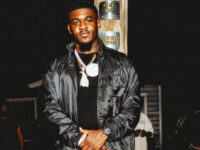
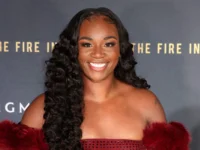
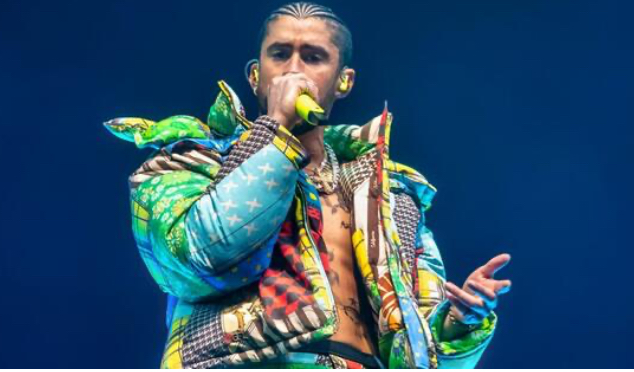
0 Comments